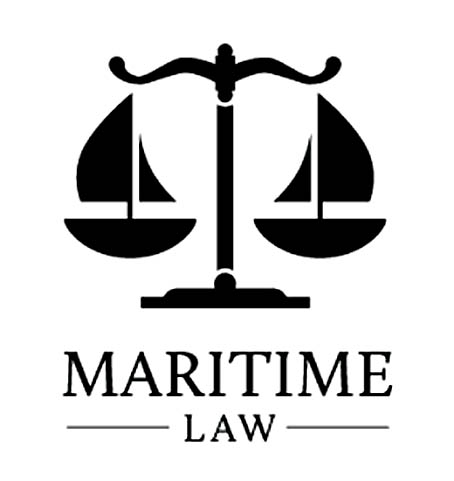
Our legal system is an adversarial one when it comes to civil and criminal proceedings. It’s one side against the other… plaintiff vs. defendant. Even where the stage might appear to be free of conflict, such as the absent-minded inventor with a new light bulb or the benevolent uncle with a large estate, there is room for contention. The inventor’s patent needs to be prosecuted and the rich uncle’s will could be contested.
Any time two sides oppose each other on a legal playing field, there is a potential for grudge matches when it comes to exchanging information and other manner of cooperation. After all, information obtained during the discovery process can be dynamite in the hands of a skilled trial attorney. When this is done tactically, it’s considered good advocacy.

Through her attorney, the first officer who was standing watch when a container ship hit a bridge pylon raises objections to producing her grades from a celestial navigation class taken ten years ago at a maritime academy, where the prosecution bases its case on poor seamanship and poor bridge management protocols. The owner of a 45-foot sportfisherman involved a boating accident objects to the admissibility of testimony from marina workers that he had great difficulty landing his new boat at the gas dock five years ago when he first bought it.
When the game is hardball, attorneys can be zealous in controlling the flow of information for the purposes of protecting their clients’ interests. That’s their job. But when this defensive zeal and battle spirit is taken too far, it could cross the line into a legal zone known as obstruction of justice. Obstruction of justice can collectively cover a wide range of wrongful conduct.
Obstruction of justice could include tampering with jurors or with witnesses. It could mean destroying or hiding evidence. Giving false statements to investigators or prosecutors also falls under its umbrella. It can also cover things like threats, whether they involve physical harm or coercion. Obstruction of justice is addressed in various statutes.
On the federal level, it falls under Title 18 of the United States Code in Chapter 73. The U.S. Code for obstruction covers a lengthy list of wrongs, including retaliating against witnesses, recording grand jury deliberations, assault on process servers, false bail, destruction of corporate audit records, and more.
The crime of obstruction of justice arose in a recent maritime case. The obstruction charges were piled on in addition to the central violation for marine pollution. The matter involved a bulk carrier, a type of cargo vessel, anchored near the South West Passage off Louisiana. The ship was undergoing repairs in its systems for discharging clean ballast water.
The ship suffered a valve failure that flooded its machinery spaces. Crew members in the engineering department subsequently pumped the water overboard. By itself, this action violated the Act to Prevent Pollution from Ships (codified in 33 U.S.C. §§1905-1915), a U.S. law that implements MARPOL. The pollution charges were compounded by a number of other actions taken in concealing the unlawful discharge. It was these subsequent actions that resulted in the obstruction charges.
Following the equipment failure, false statements were made to the Coast Guard. These statements were about the flooding of internal spaces and contaminated bilge water being pumped overboard. Printed records of computer alarms were destroyed. A false oil record book was produced. Authorities look for oil record books in the aftermath of marine pollution incidents to check for proper environmental protocols. Additionally, deletion of cell phone evidence was ordered, along with threats of poor performance to a crew member.
It’s probably easy for a casual observer wonder why someone would take such destructive actions that amount to obstruction. It could be any number of reasons. It could be fear of losing a job. It could be out of loyalty to an employer. Whatever the motivating forces, obstruction of justice charges can compound a situation that has already gone off the rails.
With the dawn of a new year upon us, we hope nothing will obstruct the happiness and joy of our readers. This could be a good time to think of local businesses everywhere, both marine and general. Please support our local businesses, and may you and your loved ones enjoy happiness, health, and the best of everything in the year ahead. Happy New Year! Tim, Erol
Ref: U.S. Department of Justice
